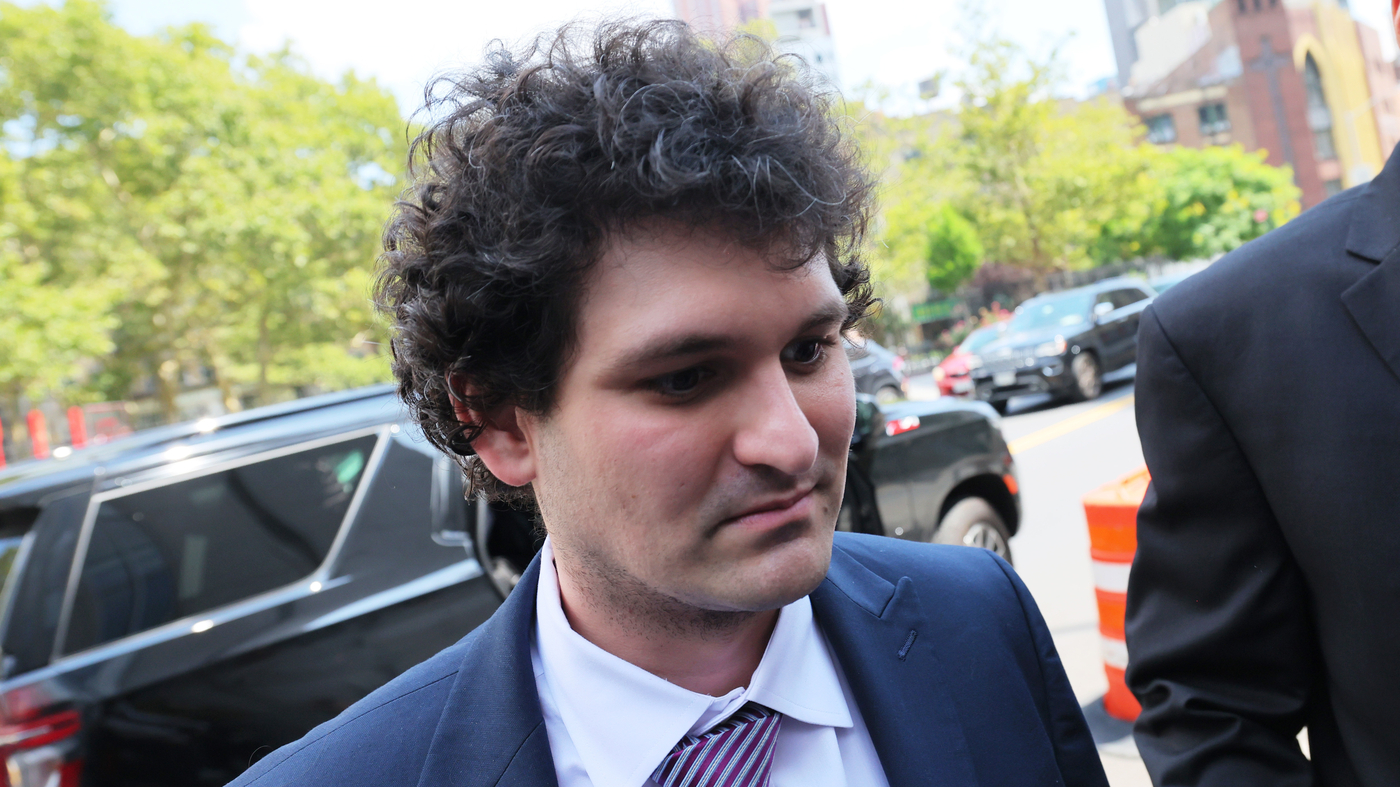Climate Change is a Challenge We Can’t Reconsider: How We Can Stop the War of the Past and Start the New Era Against Its Own Evils
Climate change is here. And this week, NPR is doing something new. We’re dedicating a week to focus on the search for climate solutions.
Julia is NPR’s climate solutions reporter. I know that is a bad time to be in this situation. But what if we reframe the conversation? The climate change is not like this is a meteorite hurtling towards Earth. There’s nothing we can do about it.
It’s not a good idea to back away from the challenge. Robert Bullard, professor of urban planning and environmental policy at Texas Southern University, equates this moment to when the U.S. faced past injustices, like slavery.
I push back against anyone who will say, “We can’t do anything about this challenge.” We can do something about it. He says that this is a challenge that we must address on a societal basis and on a global basis. Climate change cannot be accepted as the norm.
Broadly speaking, climate solutions are things that reduce greenhouse gases — like solar and wind energy combined with batteries. Energy efficiency. Land use is key too, like reducing deforestation. People can play a role in eating less meat.
Governments can set the agenda for climate policy. In Brazil there is a new president who is cracking down on the destruction of the Amazon. Under his predecessor, Jair Bolsonaro, Brazil’s deforestation was surging. So some advocates see voting as a powerful climate solution.
We will need to rebuild infrastructure for rising sea levels and new rainfall patterns. Adapting to climate change doesn’t mean we’re giving up — adaptation is a necessary part of reducing the harms of climate change. Warming cities give shade to us and cool us down. And trees store planet-heating carbon dioxide.
“co-benefits” is a word. Ways that curbing greenhouse gases might make life better too. Coal- and gas-fired power plants release greenhouse gases into the atmosphere, if we replace them with renewable energy. Reducing air pollution is one way we make cities better for our lungs. Reducing fossil fuels would help communities of color, as they’re disproportionately affected by pollution.
Climate solutions should not be repeating inequities and injustices of the past. As we make more batteries and electric vehicles, for example, how do we ensure that mining for the key metals in those technologies is done ethically? How do we avoid mining that pollutes water or grabbing land from Indigenous communities?
Some people and companies are more responsible for climate change than others. So how do we hold them accountable? This summer in Montana, 16 young plaintiffs won a climate lawsuit arguing against the state’s development of fossil fuels. Last month, California filed suit against several of the world’s biggest oil companies. These cases could have major implications across the United States. Accountability can be a solution for the climate problem.
Up First Briefing: FTX fraud trial begins; how tech shapes our bodies — Part 1: Sam Bankman-Fried, the guy who won’t be sentenced
Good morning. The newsletter is called Up First. If you want to be the first to know the news you need to start your day, subscribe to the Up First show and it will be delivered to your inbox.
Sam Bankman-Fried, founder of now-defunct cryptocurrency exchange FTX, is due in court today in his fraud trial. He could spend his life in prison if he is found guilty on the seven criminal counts. There are many things to know about the trial.
Ukrainian troops are making slow progress in regaining control of Russian-occupied land. U.S. support is also wavering as the war drags on. Congress passed a stopgap spending bill over the weekend to keep the government open, but it did not contain more aid for Ukraine. There have been key developments in the war in the past week.
Source: Up First briefing: FTX fraud trial begins; how tech shapes our bodies
How Can We Be Active in the Real World? Calling for Action at the UN Security Council on Climate Solutions Week (COP18) – A Conversation with Manoush Zomorodi
If the blessings aren’t associated with sacramental marriage, there could be ways to bless same-sex unions. He was responding to a letter from five conservative cardinals who challenged him to clarify his position on church teaching on homosexuality. His statement comes ahead of a three-week meeting, or synod, that begins tomorrow at the Vatican. This year will see the first time that women are allowed to vote on the future of the church.
The U.N. Security Council approved a resolution written by the U.S. and Ecuador yesterday that would send a multinational armed force led by Kenya to help combat gang violence in Haiti. Henry made a plea for international help around a year ago.
Nearly all of China’s medium and large cities are susceptible to floods. Climate change-driven extreme weather has made the problem worse. That’s why Yu Kongjian wants to build more “sponge cities.” These places are designed to absorb water into the Earth, so that it can be used again in the future.
Check out all of NPR’s Climate Solutions Week stories, including how villagers in one region of Northern India are learning to recharge the dried, groundwater-fed springs they depend on.
Body Electric is a 6-part investigation and interactive project with TED Radio Hour host Manoush Zomorodi exploring the relationship between our technology and our bodies…and how we can improve it.
NPR and the researchers from Columbia University are collaborating on a special series. They’ve found the least amount of movement we need to be active in order to counteract the harms of sedentary habits. Can their recommendations work in the real world? We want your help to find out. Here’s how to get involved.
